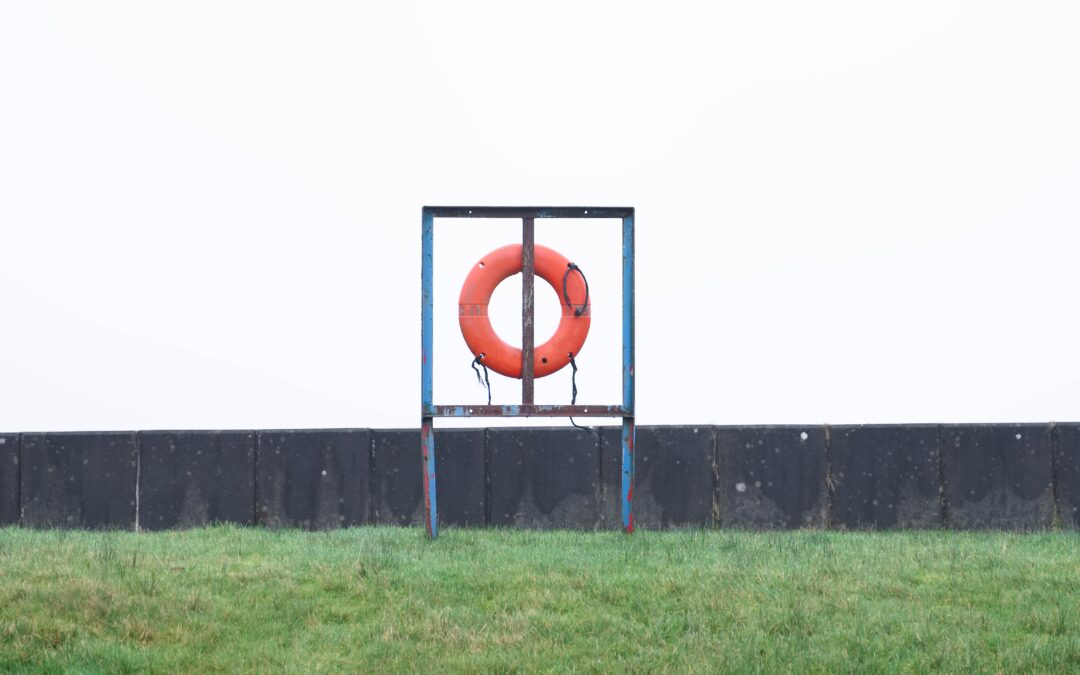This post originally appeared on the Forum of Regional Associations of Grantmakers website.
I am honored to be among a diverse group of 22 nonprofit and philanthropy leaders who have signed a letter to thank foundations that have invested in the “nonprofit infrastructure” — those organizations devoted to supporting the health of the nonprofit sector — and to invite all foundations to join them. I have been involved with infrastructure organizations for more than 20 years — specifically regional philanthropy associations — and have seen firsthand how, as the letter states, “they make foundations and nonprofits more effective in their quest to make the world better.” They are organizations worth supporting.
I have worked for two regional philanthropy associations and currently lead the Forum of Regional Associations of Grantmakers — a nationwide network of 33 regional philanthropy associations. Together we represent more than 5,500 organizations, making us the largest network serving philanthropy in America. Each of these 33 organizations is a critical connector, educator, convener, knowledge creator and leader for philanthropy in its region.
In this great big country of ours, no other organization knows more about the breadth and depth of the philanthropic landscape in its region than a regional philanthropy association. No other group knows more about who is funding what in its region. No other group can have as powerful of a voice for the philanthropy sector in its region.
Last month I spent several days with a Forum member, the Maine Philanthropy Center, which held a sold-out, daylong conference that brought together 400 Maine funders and nonprofits. The event featured dynamic keynote speakers and interactive sessions focused on addressing key issues for the state’s nonprofit and philanthropy sectors, including equity and inclusion, capacity building, and Maine’s economic future. I witnessed nonprofit and philanthropy leaders engaging in deep, meaningful discussions about how to have more of an impact in their state. This is how change happens.
In February I participated in Forum member Indiana Philanthropy Alliance’s Day at the Statehouse, where IPA’s staff and members connected with members of the Indiana General Assembly from across the state. Among other topics, they educated lawmakers on the important role of philanthropy in Indiana and shared information on a bill that would result in more charitable dollars being invested in the state. As I stood in the hallways of the state capitol I saw firsthand how IPA staff had developed strong, authentic relationships with Indiana lawmakers — relationships that are invaluable if we want to have the greatest possible impact in advocating for the interests of the nonprofit and philanthropy sectors.
In March I attended a program put on by another Forum member, the Washington Regional Association of Grantmakers, that was part of a “Putting Racism on the Table” learning series designed to create a greater understanding of how racism contributes to disparate outcomes in the region. I saw a large group of foundation CEOs and trustees having honest and courageous conversations on a sensitive topic, which was only possible due to the trusting, professional learning environment created by the regional association. This is how philanthropy’s leadership grows stronger.
I could go on and on. These three examples are a tiny sliver of the important work happening day after day at regional associations all across the county. They are providing vital knowledge and research on the field, advocating for philanthropy, and providing a wide range of professional development, networking, and other educational programs that are helping people do their best work to strengthen our communities. When you see regional associations in action up close, as I’ve had the privilege of doing many times over, you have no doubt of the incredible contributions they are making to our field.
Regional associations are also critical partners with the more than 50 national philanthropy-serving organizations (PSOs) in our field, such as the national affinity groups focused on specific issues, populations or philanthropic practices. National affinity groups are another vital part of our sector’s infrastructure, with deep content knowledge in their areas of expertise. Regional associations are working with these national groups all the time to bring the best thinking, training, and trends to the regions.
The Forum is working right now to implement a new vision that will bring together the assets of the national affinity groups with the assets of the Forum, with our deep regional roots and broad nationwide reach, in a much more comprehensive and systematic way. We know that many funders are members of both their local regional association and one or more national affinity groups, and we are dedicated to making the best use of our collective resources to achieve greater impact in supporting, informing, and advancing philanthropy. As we say in the joint letter, “we pledge to work better together.”
The Forum is also working more closely with another vital part of our sector’s infrastructure: state nonprofit associations. This August, for example, we are partnering with the National Council of Nonprofits on a first-ever Joint Policy Institute that will bring together regional philanthropy associations and state nonprofit associations to determine how we can all work better together on state and local policy.
The joint letter offers, as a guideline, that foundations should consider directing at least 1% of their grantmaking budgets to support our field’s infrastructure. If you are a funder who is not a member of your regional association, I encourage you to consider becoming a member. The Forum’s 33 members cover all but a few states (you can find your nearest regional association here). If you’re already a member of a regional association, thank you for your membership support. I urge you to ask yourself if there are additional ways for you to help advance your regional association’s work, whether through volunteering your time and talents on a committee; offering general support to help build the organization’s capacity; sponsoring a conference or program; or funding a project or initiative that will help enhance philanthropy’s effectiveness.
As our joint letter states, “this is not the price of admission, not a good neighbor policy; it is an investment in impact.”
David Biemesderfer is president & CEO of the Forum of Regional Associations of Grantmakers. Follow him on Twitter at @dbiemesderfer.


